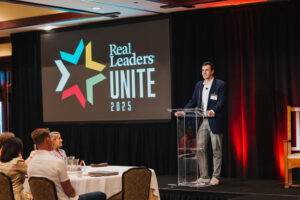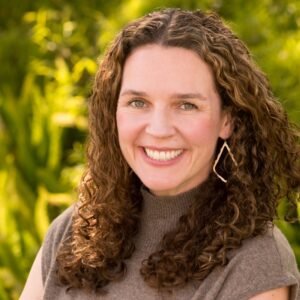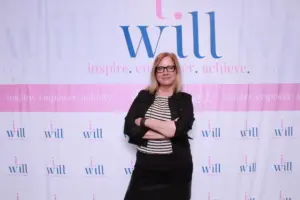Breaking Up With Wall Street
Read Time
3 min read
Posted on
November 3, 2025
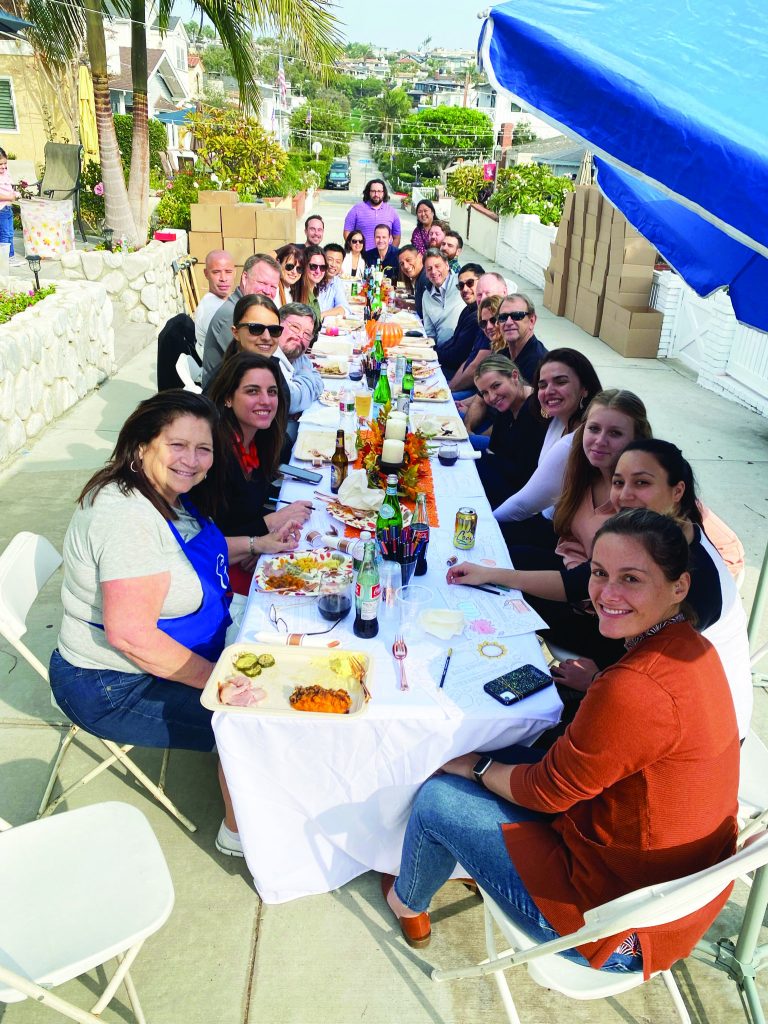
One spring night in 2005, I was walking back to my New York apartment still energized from a major professional win. As CEO of Deutsche Bank’s U.S. Private Wealth Management division, I had just led a transformation: turning an annual $130-million loss into a division with a 25% profit margin. I was managing more than $50 billion in assets and had carved out a place for myself as one of few women in Wall Street’s top echelons.
By every traditional metric, I “made it,” but as I walked home that night, a question hit me like a freight train: Is this all there is? I didn’t feel triumphant; I felt hollow. A quiet dissatisfaction had begun whispering inside me, and now it was screaming. That uneasy feeling would be the catalyst for the most defining transformation of my leadership — and my life.
A few months later I shocked everyone by retiring at 44. On the surface it looked like the ultimate career move — leaving at the peak — but inside I was beginning what I now call my wilderness journey. I stepped away from Wall Street not to rest but to search.
For the next three years, I chased purpose. I volunteered with at-risk youth, embarked upon philanthropic missions in developing countries, and threw myself into Bible study and prayer. I assumed I’d find a new calling in giving back. I focused on orphan care, community development, and children’s health services.
But wherever I went, I kept seeing something others missed — investment opportunities. I realized the world’s biggest problems were too vast for philanthropy alone; private capital had to be part of the solution. It wasn’t just about giving — it was about building. I started questioning everything I thought I knew.
Then in 2007 I joined a think tank exploring a radical question: How do you use capitalism to solve social problems? That question unlocked something deep inside me. It reframed my faith, my leadership, and my understanding of business.
I had always believed that businesses rooted in integrity, strong governance, and care for their communities would ultimately outperform those without those values. But now I saw with clarity that business itself could be a force for good.
In 2008 I founded TriLinc Global with a simple, defiant belief: Investors don’t have to sacrifice returns to do good. It wasn’t a popular idea: Wall Street saw me as too idealistic; the impact world thought I was too commercial. I was called a wolf in sheep’s clothing — and a sheep in wolf’s clothing. But I kept going, fueled by something deeper than strategy: conviction.
Today TriLinc has invested more than $1.5 billion in responsible small and mid-sized businesses across 35 countries — businesses that create jobs, build local economies, and tackle community needs. We’ve done it while delivering competitive, market-rate returns to investors.
Capitalism, when rooted in values and guided by purpose, can be a powerful agent of change. Looking back, that quiet moment of unease in 2005 wasn’t a breakdown — it was a breakthrough. That was when I began to ask a different kind of question, not just, “What am I building?” but, “Why?” That question changed everything.
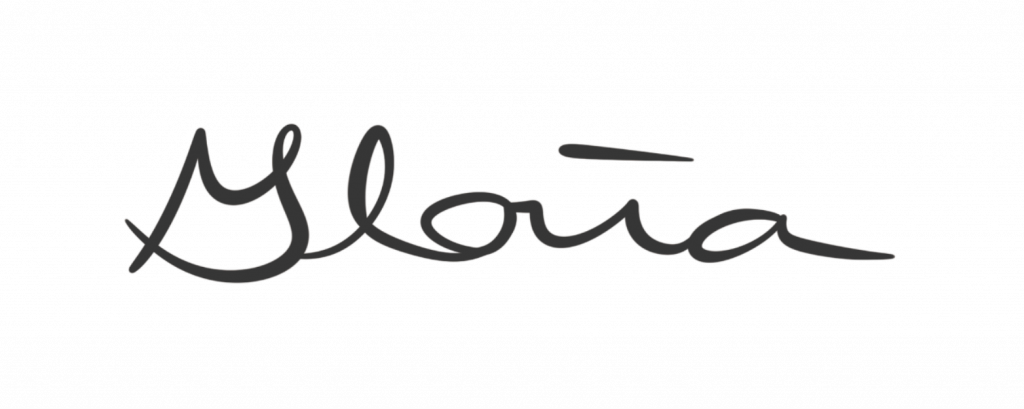
Overview
A successful Wall Street executive left her high-powered career at 44 to search for deeper purpose, ultimately founding an investment firm that blends profit with social impact. She challenges the notion that financial returns and ethical business cannot coexist, demonstrating through TriLinc Global that capitalism can fuel positive change without sacrificing gains. This story is aimed at leaders and investors seeking to align values with business performance. Notably, TriLinc has directed over $1.5 billion into responsible enterprises across 35 countries.
AI-Generated Overview.




